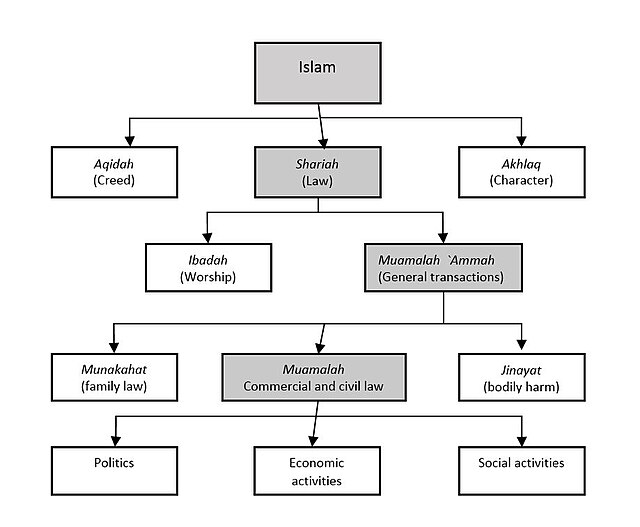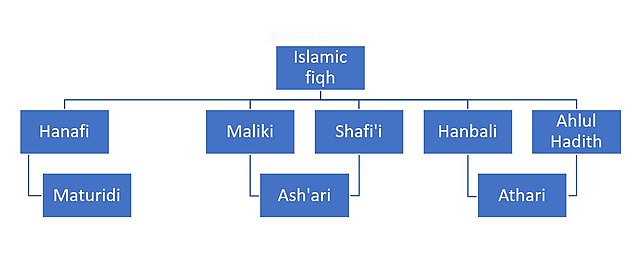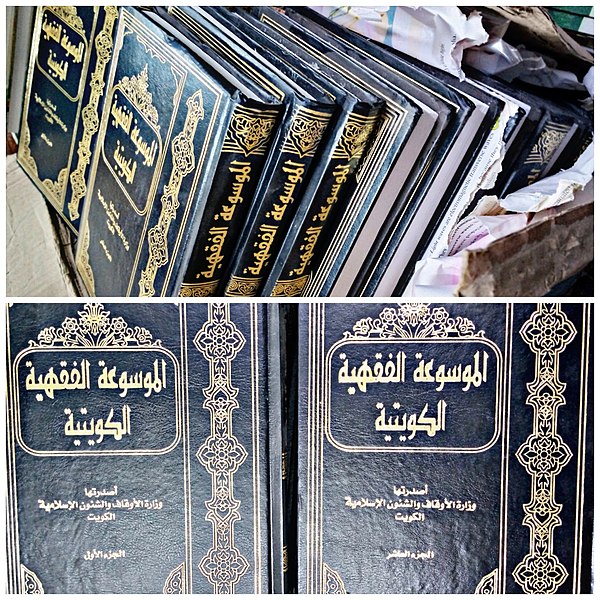Muamalat is a part of Islamic jurisprudence, or fiqh. Sources agree that muamalat includes Islamic "rulings governing commercial transactions" and Majallah al-Ahkam al-Adliyyah).
Aspects of Islam including fiqh
Fiqh is Islamic jurisprudence. Fiqh is often described as the human understanding and practices of the sharia, that is human understanding of the divine Islamic law as revealed in the Quran and the sunnah. Fiqh expands and develops Shariah through interpretation (ijtihad) of the Quran and Sunnah by Islamic jurists (ulama) and is implemented by the rulings (fatwa) of jurists on questions presented to them. Thus, whereas sharia is considered immutable and infallible by Muslims, fiqh is considered fallible and changeable. Fiqh deals with the observance of rituals, morals and social legislation in Islam as well as economic and political system. In the modern era, there are four prominent schools (madh'hab) of fiqh within Sunni practice, plus two within Shi'a practice. A person trained in fiqh is known as a faqīh.
Islamic schools of thought
The 45 Volumes/18,500 pages, Al Mausu'ah Al Fiqhiyah Al Kuwaitiyah, is the largest printed Fiqh Encyclopedia; it took 40 years to complete and was later translated into Urdu, Tamil, Persian, Malay & Bengali language.



